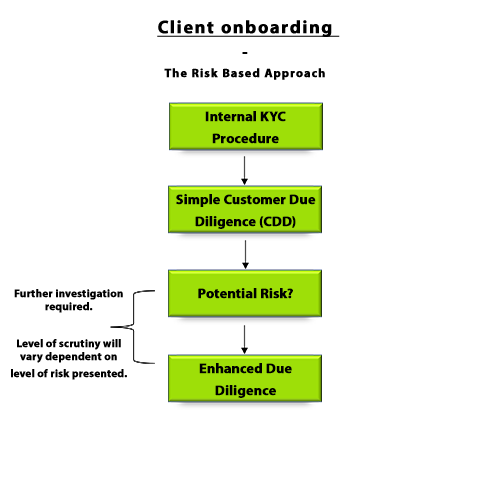Looking ahead – Future regulatory change and its impact on Veriphy clients
The next three years will bring the most significant overhaul of UK AML regulation in more than a decade, and …
A PEP can be defined as someone who has been entrusted with a prominent public function. There are, however, different ‘tiers’ of PEP which you must be aware of.
Key examples of this include:
PEPs are considered higher risk clients especially for the financial industry. This is simply because they are more at risk to the exposure of bribery and corruption due to their public position. Due to this vulnerability, it is important to apply enhanced customer due diligence to these individuals because of the greater risk of potential money laundering.
It is important to note, this check is based on a risk-based approach. PEPs should not be discriminated against for their vulnerability to corruption. Your AML check should not fail due to indicating a potential PEP – rather it simply signals the need for enhanced due diligence and monitoring on your part.
Key legislation: The Money Laundering, Terrorists Financing and Transfer of Funds (Information on the Payer) Regulations 2017
In accordance with regulation 35, the relevant persons must
“…have in place appropriate risk-management systems and procedures to determine whether a customer or the beneficial owner of a customer is a political exposed person (PEP)”
When a PEP is identified, the relevant person must be able to
“manage the enhanced risks arising from the relevant person’s business relationship or transactions with a customer.”

Businesses are not required to perform extensive investigations to determine if an individual is a PEP. Rather, this can be achieved via a simple AML check which includes a screen against a register of publicly known individuals with public functions, their associates and close family.
It is important to note that, inevitably, many PEP matches are false positives. This is due to the absence of information such as date of birth relating to actual PEPs.
In the event of a client flagging against the PEP list, the relevant person within the organization must revert to their business’s internal KYC and onboarding procedures. Regulated firms should have individual policies and procedures for clients who during the onboarding process, flag up as high-risk.
Enhanced due diligence simply means the collection of additional data on an individual in order to mitigate risk.
Practical examples include:
A potential high-risk client will need to be regularly monitored. Most financial organizations have in place systems which monitor for PEPs. This essentially involves screening the individual against the PEP register.
This may be done as part of your annual client base check.
Veriphy also offers a PEP Alert service available on a weekly or monthly basis to ensure your firm always remains compliant.
Limitless Flexibility without a Contract